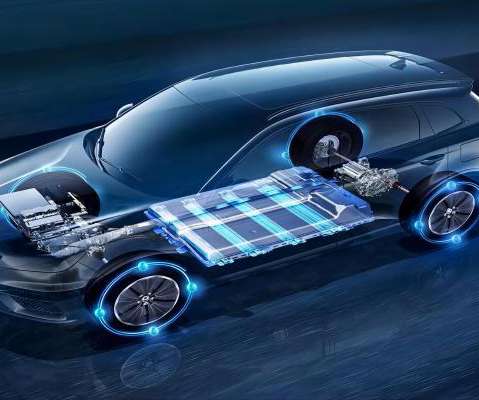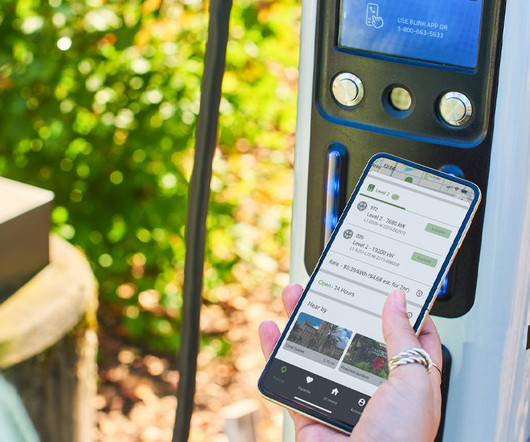What are the types of batteries used in EV? | EV Basics
Setec Powerr
FEBRUARY 5, 2023
The reason why electric vehicles are developing rapidly is that they rely on batteries as their power source. As the core of electric vehicles, batteries have naturally become the focus of research and development by global car companies. Today I will tell you about the types of batteries used in electric vehicles.











Let's personalize your content